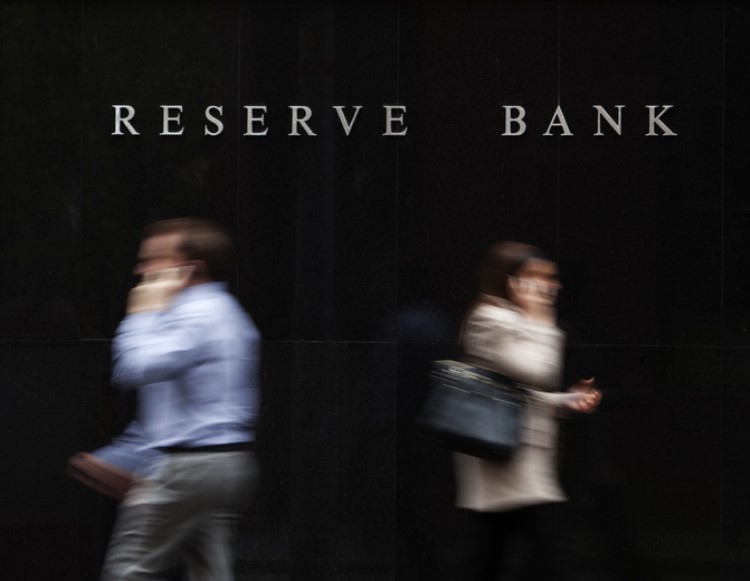
It is becoming more likely that the Reserve Bank of Australia (RBA) will decide to cut the official cash rate as early as next month, as recent figures show a surprising rise in joblessness.
Addressing economists in a lunchtime speech in Brisbane, RBA Governor Philip Lowe said without cutting rates, unemployment would not go down, and Australians would not be able to witness incomes increase. More importantly, inflation would remain below the 2% to 3% target.
"A lower cash rate would support employment growth and bring forward the time when inflation is consistent with the target. Given this assessment, at our meeting in two weeks' time, we will consider the case for lower interest rates," he said.
Figures from the Australian Bureau of Statistics show that the unemployment rate in Australia rose to 5.2% after seasonal adjustments in April, surpassing the expectations of a 5% rate. This indicates that the jobless rate is now at its highest level since August 2018.
Lowe said the Australian economy had already slowed due to weak household income and spending growth.
"We are not expecting a quick turnaround in growth in consumer spending, but we are expecting a gradual improvement. This is largely on the basis of an expected pick-up in growth in household income, and a stabilisation of the housing market over the period ahead," he said.
Also Read: Rate cut not the only solution to housing crisis — HIA
Market watchers expect RBA to cut rates by 25 basis points, bringing the official cash rate from 1.5% to 1.25%. If the RBA pushes through with the cut, it would be the first interest-rate movement since September 2016.
However, NAB markets economist Kaixin Owyong told News.com.au that the monetary policy board meeting minutes seem to indicate that there is not a strong case for a near-term move in cash rate.
"Members discussed the scenario where inflation did not move any higher, and unemployment trended up, recognising that in those circumstances a decrease in the cash rate would likely be appropriate," the minutes read.
It is essential to take note, however, that the board meeting took place before the release of the labour-market figures.
"We read this discussion as the board requiring the unemployment rate to fall to stay on hold, but the latest data shows the unemployment rate has trended up. Accordingly, we still forecast a 25bp rate cut in June," Owyong said.
While a rate cut might be beneficial to the struggling housing market, SQM Research analyst Louis Christopher said it could fuel a rebound in prices, sparking another housing boom.
"Needless to say a combination of loosening credit restrictions plus a cut in interest rates increases the risk of another housing boom, which I am sure that is not what the 'powers that be' would want, but they may well yet get," he told ABC News.
Collections: Mortgage News



Share